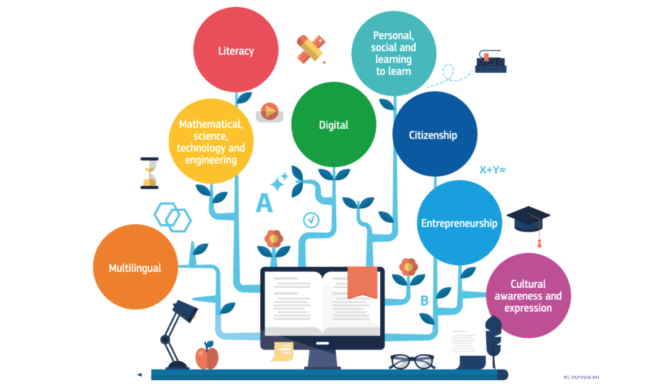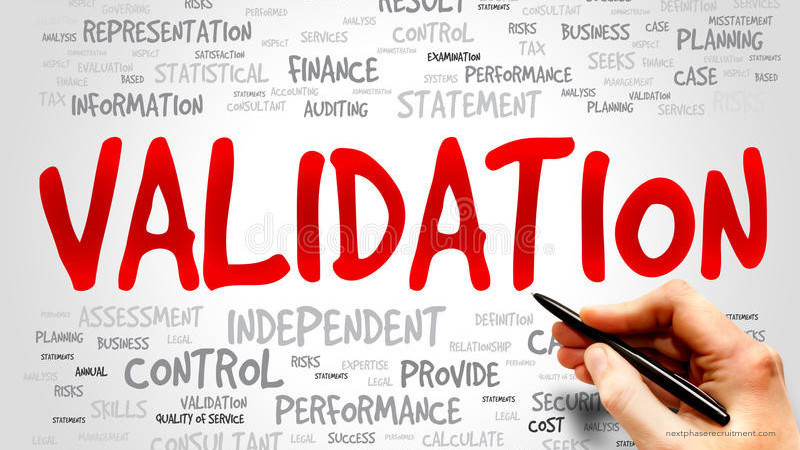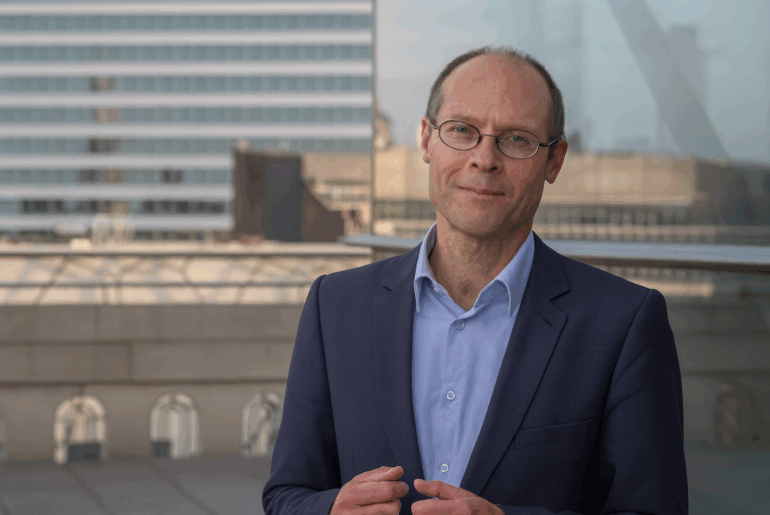MMM responds to European consultation on validation of skills
19.11.19
Make Mothers Matter responded on 13 November 2019 to the Public Consultation organised by the European Commission on the validation of non-formal and informal learning.

The purpose of this consultation was to gather stakeholder and the general public’s views on which opportunities Member States are currently offering to people to validate their skills and in particular how the 2012 EU Council Recommendation on this topic is being put in practice.
This Recommendation invited EU Member States to take measures to ensure that people have the opportunity to validate their skills outside of education, regardless of how they were acquired (e.g. through work experience, volunteering or sport) and to obtain a full or partial qualification. The recommendation also set out a number of principles for the implementation of validation mechanisms.
 MMM in its response, highlighted that where mothers are concerned, there should be flexible pathways for up-skilling and re-skilling, particularly the recognition of those “soft skills” which are less tangible but that are very important and valuable.
MMM in its response, highlighted that where mothers are concerned, there should be flexible pathways for up-skilling and re-skilling, particularly the recognition of those “soft skills” which are less tangible but that are very important and valuable.
Maternity develops in women a new set of skills, especially the so-called soft skills. These skills need to also be recognised in the labour market through the validation of non-formal and informal learning. Many women lose their jobs when they become mothers or withdraw from the labour market to dedicate time to caring for their family. It becomes difficult to reintegrate the labour market if their new skills are not validated. Therefore, legislation and policies need to change in order to provide this segment of the population with the recognition of their skills learned or acquired while caring for others thereby improving the wellbeing of society as a whole.
As an example of good practice, in France, a system of Validation of acquired experience (VAE) was introduced in September 2015. It allows people to obtain a professional certification by validating their experience acquired in the context of a professional and/or extra-professional activity. To request the validation of their achievements it is necessary to have carried out an employed (CDI, fixed-term, temporary), self-employed, voluntary work activity, or registered on the list of high-level athletes etc.
Breaking the Cycle: Gender Equality as a Path to Better Mental Health
18.03.25
The Council of the European Union has taken a decisive step in recognising the vital connection between gender equality and mental health.
Europe Must Listen to Mothers: Our landmark report heads to the European Parliament
28.08.25
On 22 September 2025, the voices of mothers will take centre stage in Brussels. For the first time, Make Mothers Matter (MMM) will present its State of Motherhood in Europe
Belgian Mothers Face Alarming Rates of Burnout and Perinatal Depression, New EU Survey Finds
03.07.25
Belgian mothers are facing a mental health crisis. According to the State of Motherhood in Europe 2024 survey by Make Mothers Matter (MMM) and Kantar, Belgium reports the highest rates








